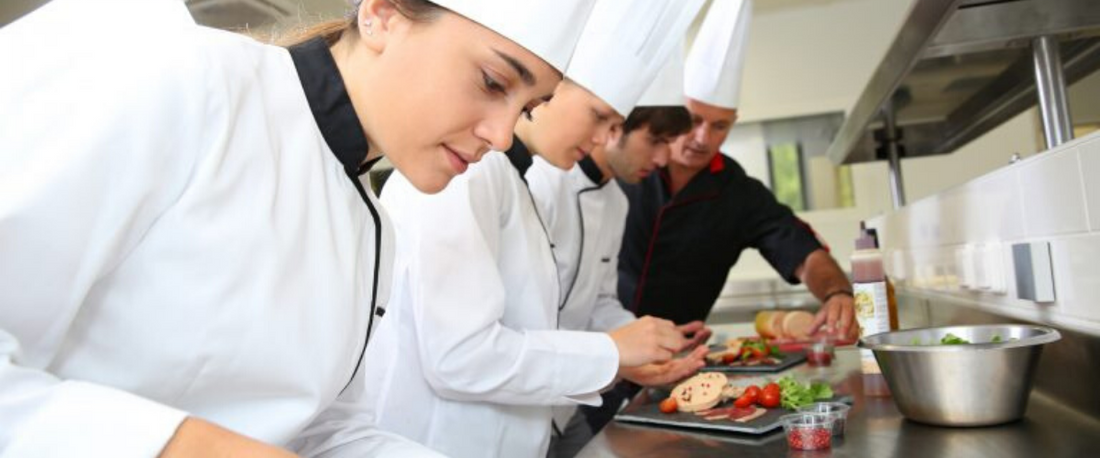Blog
Close
Sidebar
Recent Posts
2026 Food Trends: Designing the Hospitality Venue of Tomorrow
14 November 2025
Featured Products
Rosseto Modulite™ 3-Level Tables System Black Frame Kit
The Modulite™ Tables System Kit is the ultimate choice for hospitality businesses seeking a versatile, durable and stylish solution for their food presentation needs. With its easy setup, customisable features and robust construction, it is designed to enhance your guest experience through a streamlined...
- $3,900.00
-
$7,519.00 - $3,900.00
- Unit price
- / per
Rosseto Modulite™ 3-Level Tables System Stainless Steel Kit
The Modulite™ Tables System Kit is the ultimate choice for hospitality businesses seeking a versatile, durable and stylish solution for their food presentation needs. With its easy setup, customisable features and robust construction, it is designed to enhance your guest experience through a streamlined...
- $3,900.00
-
$8,016.00 - $3,900.00
- Unit price
- / per
Rosseto Modulite™ 2-Level Quarter Round Tables System Black Frame Kit
The Modulite™ Quarter Round Tables System Kit is designed to bring sophistication and versatility to any event setting. This comprehensive system includes two premium table tops and sleek and sturdy table legs, all featuring a unique quarter-round shape for a distinctive and functional presentation....
- $3,900.00
-
$6,389.00 - $3,900.00
- Unit price
- / per
Rosseto Modulite™ 2-Level Quarter Round Tables System Stainless Steel Kit
The Modulite™ Quarter Round Tables System Kit is designed to bring sophistication and versatility to any event setting. This comprehensive system includes two premium table tops and sleek and sturdy table legs, all featuring a unique quarter-round shape for a distinctive and functional presentation....
- $3,900.00
-
$6,741.00 - $3,900.00
- Unit price
- / per














